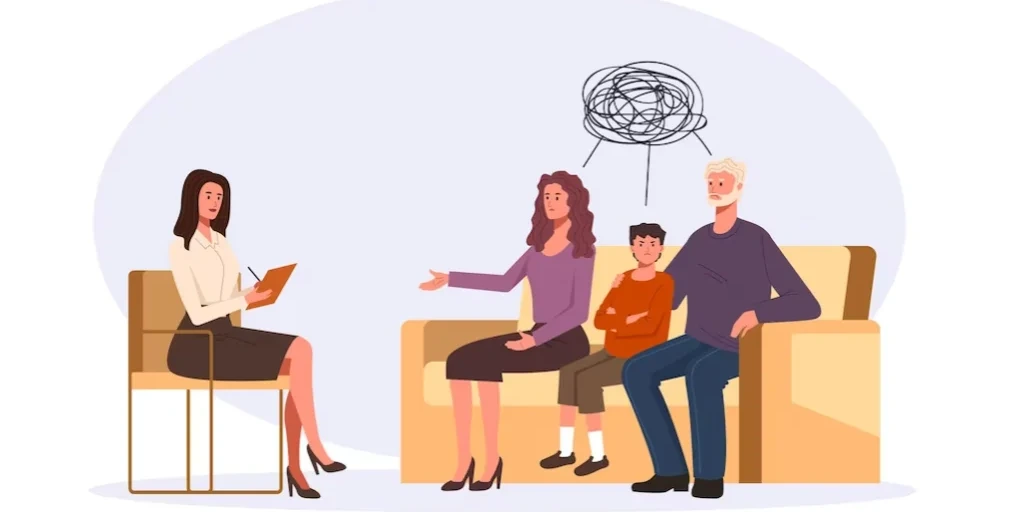24/7 Helpline:
(866) 899-221924/7 Helpline:
(866) 899-2219
Learn more about Group Therapy centers in Baconton
Group Therapy in Other Cities

Other Insurance Options

BHS | Behavioral Health Systems

Lucent

UnitedHealth Group

Group Health Incorporated

Self-pay options

Humana

Cigna
Beacon

United Health Care

BlueCross

Ceridian

Sliding scale payment assistance

Choice Care Network

Covered California

Sutter

GEHA

Absolute Total Care

Magellan

Magellan Health

PHCS Network


SBZ Services Unlimited
SBZ Services Unlimited is a private rehab located in Camilla, Georgia. SBZ Services Unlimited specia...

































